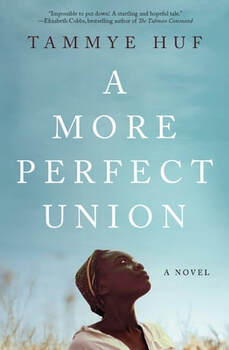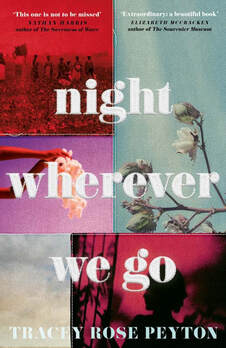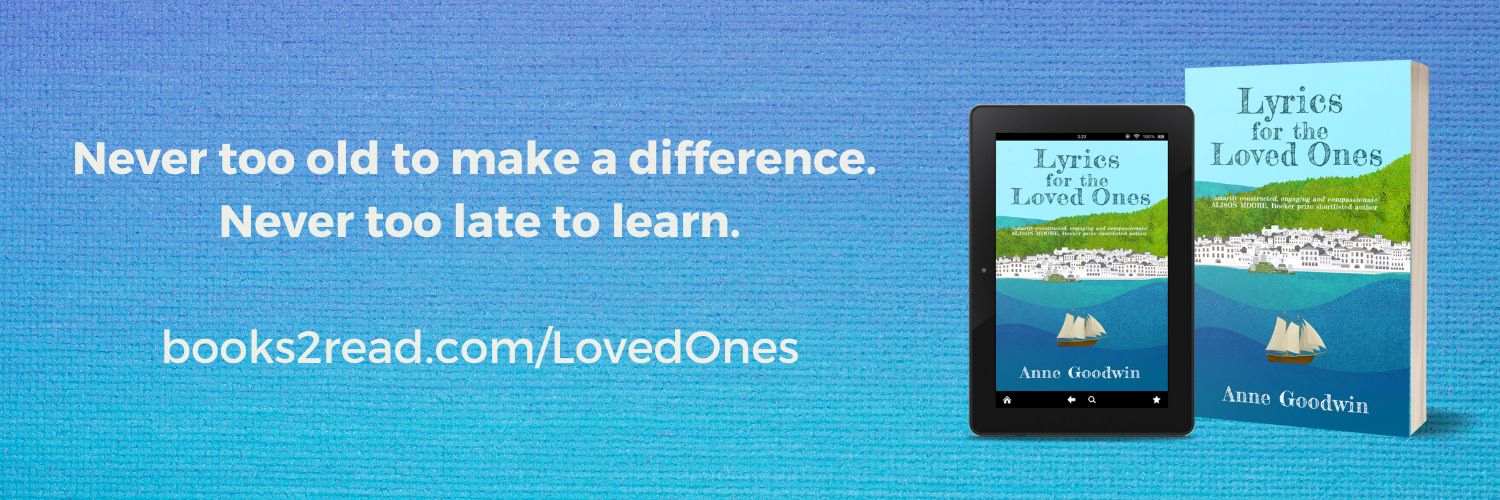A More Perfect Union by Tammye Huf
Based on the history of the author’s great-great-grandparents, this is a lovely novel about oppression, resistance and courage. Henry’s position as an outsider who has also suffered through prejudice and powerlessness provides an interesting new angle on the familiar story of enslavement, as he learns there are demons worse than the fear of starvation. Sarah is perhaps the less blinkered of the pair, juggling passion with the terror of discovery and the suspicions of the other enslaved people among whom she has to live.
One of whom is Maple, whose bitterness makes her a bully. As the half-sister of the mistress of the house, but still a slave, and tortured by the prospect of her daughter’s abuse on another plantation, we can empathise, while wishing she could be kinder to Sarah, whose work she oversees.
The white family are also fully rounded characters, whose fascinating mental gymnastics enable them to sleep soundly in their beds despite the atrocities for which they are responsible. Being more liberal than his neighbours – for example, in authorising whippings only when ‘absolutely necessary’ – the Master genuinely believes he’s engaged in a moral enterprise, upholding the law of the land and the law of God. In her own distorted way, the Missus is fond of Maple, while failing to recognise that her half-sister is also a woman with motivations, albeit hidden, not so different from hers.
Night Wherever We Go by Tracey Rose Peyton
Serah wants nothing to do with birthing, her own or anyone else's. But when has she ever had a say in what happens to her body? Charles, a feckless cotton farmer heavily in debt, needs to increase his 'stock'. Lizzie, his wife, wants a wet nurse for her next child.
Nan, a herbalist and midwife, has a remedy, but using it will put the life of Serah in danger, along with the lives of four other enslaved women on the farm. A powerful feminist slant on a horrific chapter in 19th-century American history.
























 RSS Feed
RSS Feed





















